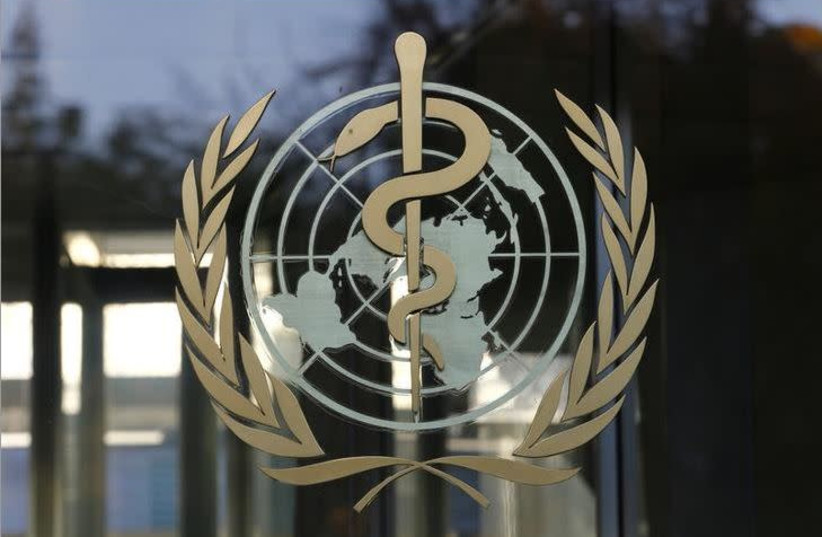The World Health Organization (WHO) said on Monday that COVID-19 continues to constitute a public health emergency of international concern, its highest form of alert.
The pandemic was likely at a "transition point" that continues to need careful management to "mitigate the potential negative consequences", the agency added in a statement.
It is three years since the WHO first declared that COVID represented a global health emergency. More than 6.8 million people have died during the outbreak, which has touched every country on Earth, ravaging communities and economies.
Vaccines and treatments have changed the pandemic situation
However, the advent of vaccines and treatments has changed the pandemic situation considerably since 2020, and WHO Director-General Tedros Adhanom Ghebreyesus has said he hopes to see an end to the emergency this year, particularly if access to the counter-measures can be improved globally.

Advisers to the WHO expert committee on the pandemic's status told Reuters in December that it was likely not the moment to end the emergency given the uncertainty over the wave of infections in China after it lifted its strict zero-COVID measures at the end of 2022.
